For many goods and services such as electricity, health care, cellular phone service, debit-card transactions, or those sold with loyalty discounts, the price of the next unit of service depends on past usage. As a result, consumers who are inattentive to their past usage but are aware of contract terms may remain uncertain about the price of the next unit. The theoretical paper develops a model of inattentive consumption, derives equilibrium pricing when consumers are inattentive, and evaluates bill-shock regulation requiring firms to disclose information that substitutes for attention. The analysis predicts that bill-shock regulation might be good for consumers or might be bad for consumers, depending on market conditions relating to consumer sophistication, consumer heterogeneity, and the level of competition. It remains an empirical question as to whether bill-shock regulation will be beneficial in any particular market. For that reason, the empirical paper focuses on the market for cellular phone service. Following FCC pressure to end bill shock, cellular carriers now alert customers when they exceed usage allowances. The paper estimates a model of plan choice, usage, and learning using a 2002-2004 panel of cellular bills. Accounting for firm price adjustment, simulations predict that implementing alerts in 2002-2004 would have lowered average annual consumer welfare by $33. We show that consumers are inattentive to past usage, meaning that bill-shock alerts are informative. Additionally, our estimates imply that consumers are overconfident, underestimating the variance of future calling. Overconfidence costs consumers $76 annually at 2002-2004 prices. Absent overconfidence, alerts would have little to no effect. Nevertheless, bill-shock regulation may be more beneficial in other markets. For instance, results in the theory paper are suggestive that requiring banks to issue low-balance alerts to checking account holders may not only reduce overdraft fees but also benefit consumers even after other fee changes are taken into account.
Read "Consumer Inattention and Bill-Shock Regulation"
Read "Cellular Service Demand: Biased Beliefs, Learning, and Bill Shock."
View a guide of selected resources (PDF) on this topic available through the Libraries.
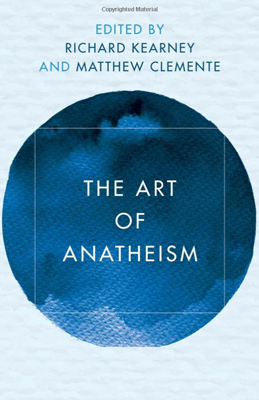
The Art of Anatheism
Edited by Richard Kearney
& Matthew Clemente
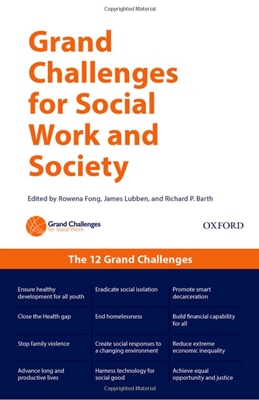
Grand Challenges for Social Work and Society
Edited by Rowena Fong
& James Lubben
& Richard Barth
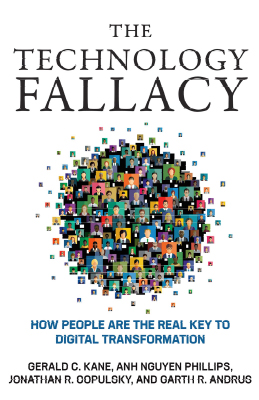
The Technology Fallacy: How People Are the Real Key to Digital Transformation
by Gerald C. Kane
& Anh Nguyen Phillips, Jonathan R. Copulsky, & Garth R. Andrus

Lebanon's Jewish Community: Fragments of Lives Arrested
by Franck Salameh
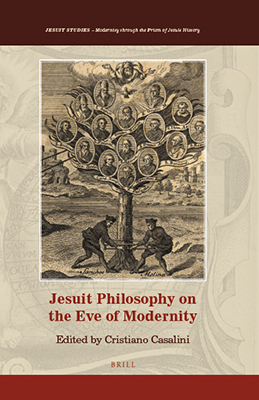
Jesuit Philosophy on the Eve of Modernity
by Cristiano Casalini

Televising Restoration Spain
by Wan Sonya Tang
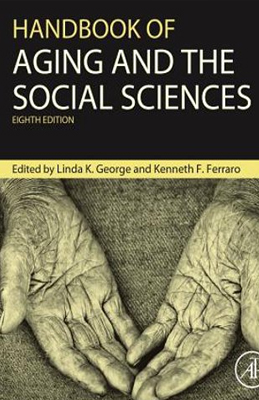
Various Articles
by Joseph F. Quinn, Ph.D

A Lily Blooms in Winter
by Alston Conley
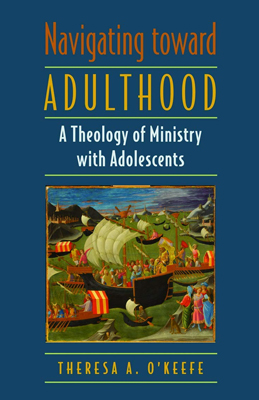
Navigating Toward Adulthood: A Theology of Ministry with Adolescents
by Theresa O'Keefe
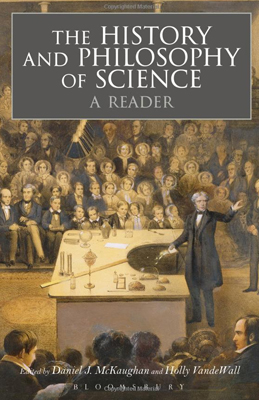
The History and Philosophy of Science: A Reader
by Daniel McKaughan
& Holly VandeWall

Motherhood across Borders: Immigrants and Their Children in Mexico and New York
by Dr. Gabrielle Oliveira
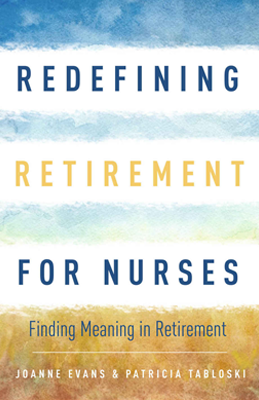
Redefining Retirement For Nurses; Finding Meaning In Retirement
by Patricia A. Tabloski
& Joanne Evans

Holy Spirit: Setting the World on Fire
Co-Edited by Richard Lennan
& Nancy Pineda-Madrid
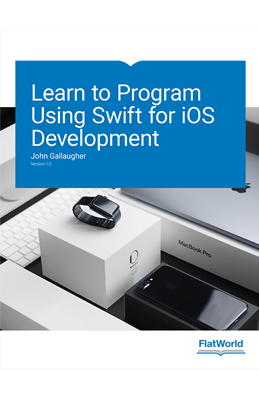
Learn to Program using Swift for iOS Development
by John Gallaugher
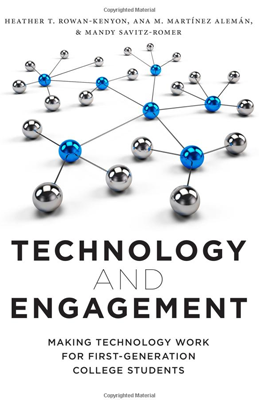
Technology and Engagement: Making Technology Work for First-Generation College Students
by Heather T. Rowan-Kenyon
& Ana M. Martínez Alemán
& Mandy Savitz-Romer, PhD
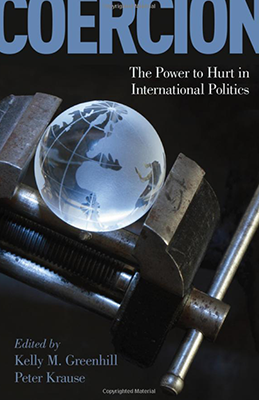
Coercion: The Power to Hurt in International Politics
by Peter Krause
& Timothy Crawford

Why You Eat What You Eat
by Rachel Herz

Antique Coptic Textiles in McMullen Museum
by Nancy Netzer
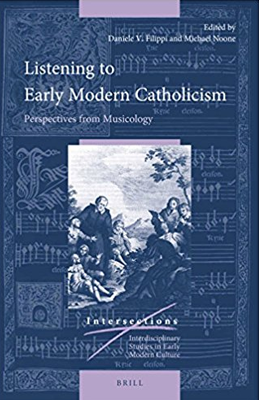
Listening to Early Modern Catholicism: Perspectives from Musicology
Edited by Michael Noone
& Daniele V. Filippi

Nazi Law: From Nuremberg to Nuremberg
Edited by John J. Michalczyk
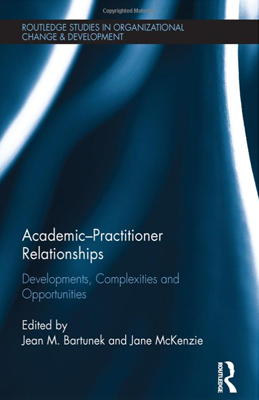
Academic–Practitioner Relationships: Developments, Complexities and Opportunities
by Jean M. Bartunek
& Jane McKenzie


Rebel Power: Why National Movements Compete, Fight, and Win
by Peter Krause
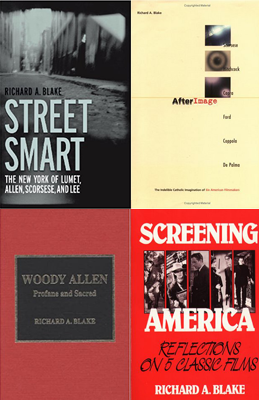
Father Blake on his life long involvement with Film Studies and his twenty-two years at Boston College
by Richard Blake S.J. Ph.D.
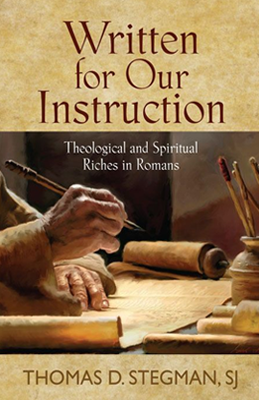
Written for Our Instruction: Theological and Spiritual Riches in Romans
by Thomas D. Stegman, S.J.

English Alliterative Verse: Poetic Tradition and Literary History
by Eric Weiskott

From Neither Here Not There
by Sammy Chong, S.J.
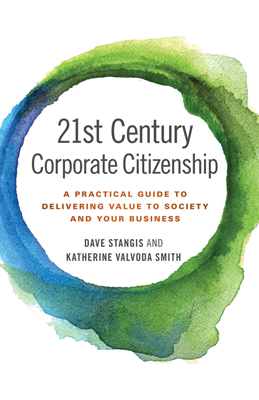
21st Century Corporate Citizenship: a Practical Guide to Delivering Value to Society and Your Business
by Katherine Valvoda Smith and Dave Stangis